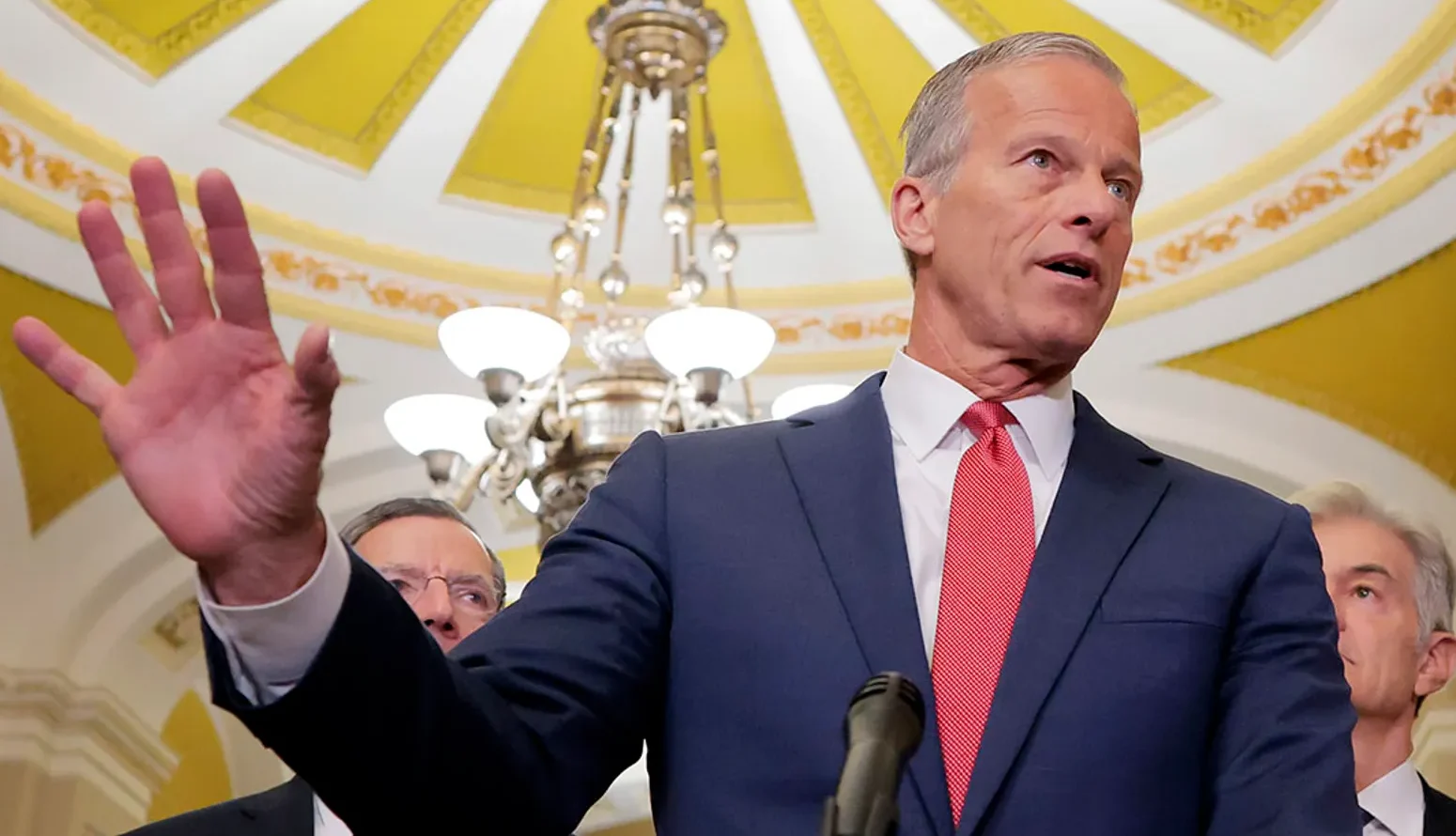Steve Bannon’s fiery warning that the war in Ukraine risks becoming “Trump’s Vietnam” is more than just political theater. It’s a calculated and provocative challenge to the current trajectory of American foreign policy, aimed squarely at reshaping the conversation ahead of a potential second Trump administration. Love him or hate him, Bannon knows how to cut through the noise with his sharp, unapologetic critiques, and this one hits at the heart of America’s global entanglements.
Bannon draws a clear parallel to Richard Nixon’s quagmire in Vietnam, warning that Trump if reelected, could inherit a similarly unwinnable, resource-draining conflict. Through his “War Room” platform and recent interviews, Bannon has crafted a message that’s equal parts strategy and alarm bell: the United States is overextended, bleeding resources into NATO and Ukraine while European allies sit back and coast on America’s dime. To him, it’s the classic bad deal—one where America foots the bill while others reap the benefits.
At the core of Bannon’s critique is NATO, an alliance he believes has drifted from its original mission into what he bluntly calls an “American protectorate.” He argues that European nations like Germany and France are content to talk a big game—pushing Churchillian fantasies of moral and military leadership—without actually investing in their own defense.
Instead, they rely on Uncle Sam to do the heavy lifting. And let’s be real: it’s hard to argue that Germany’s woeful defense spending and Europe’s sluggish military readiness are anything but a bad look for allies who claim they’re committed to global security.
Bannon’s frustration with European leaders like Boris Johnson and Emmanuel Macron is palpable. He paints them as eager architects of grand initiatives that always seem to come with a hefty American price tag. His solution? Trump, as the 47th president, should hit the ground running, signaling on Day One that the U.S. will no longer bankroll European ambitions or fight their wars for them.
Donald Trump is in danger of failing to make a clean break with Ukraine and could be sucked deeper into Vladimir Putin’s war, Trump’s former chief strategist Steve Bannon warned in a wide-ranging interview.
🔗 https://t.co/mDaiDWkfjf pic.twitter.com/3rlHNJ9KM4
— POLITICOEurope (@POLITICOEurope) January 20, 2025
According to Bannon, this includes pressuring Ukrainian President Volodymyr Zelenskyy to accept a negotiated settlement, much like Trump’s hardball tactics with Israeli Prime Minister Benjamin Netanyahu during peace talks. It’s a blunt, America-first approach that Bannon argues would save U.S. lives, money, and credibility on the world stage.
And let’s not ignore the elephant in the room: Russia. Bannon isn’t exactly cozying up to Vladimir Putin, calling him a “bad guy” without hesitation. But he also doesn’t buy the narrative that Russia poses an existential threat to Europe—because, as Bannon points out, if European nations really believed that, they’d be acting like it. The lack of urgency among NATO allies to bulk up their defenses raises a fair question: why should America care more about Europe’s security than Europe does?
To Bannon, the war in Ukraine isn’t just a conflict—it’s a test of whether the U.S. can prioritize its own interests over playing global referee. He warns that a prolonged engagement would sap American resources, alienate voters tired of endless wars, and mirror the same mistakes that dragged Nixon into the Vietnam morass.
Sure, pulling out or forcing a quick resolution would trigger blowback—both from hawks in Washington and international allies—but Bannon sees it as the lesser evil. For him, the real danger lies in staying the course, pouring money into a fight that doesn’t directly serve core American interests.
Bannon’s vision of a recalibrated foreign policy is as bold as it is divisive. By disentangling the U.S. from Ukraine, Trump could, in Bannon’s view, redefine what it means to lead on the global stage—not by intervening everywhere, but by putting America’s sovereignty and priorities first. Whether or not that resonates with voters or allies, Bannon’s message is clear: another Vietnam is not an option. And if there’s one thing Bannon excels at, it’s making sure the stakes are impossible to ignore.



